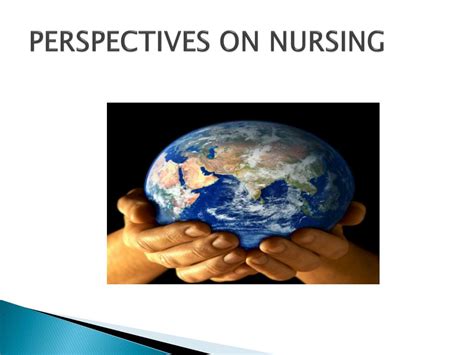Your Health Science Advantage: A Nurse's Perspective
For years, I've witnessed firsthand the incredible impact of health science advancements on patient care. As a registered nurse with over a decade of experience, I've seen the evolution of medical technology, the development of new treatments, and the profound shift in how we approach healthcare. This article delves into the advantages of focusing on health science, offering a perspective grounded in real-world experience within the nursing profession.
Why Choose a Career in Health Science?
The advantages of pursuing a career in health science are numerous and deeply rewarding. It’s a field driven by innovation, constantly evolving to improve human lives. The opportunities are vast, encompassing a wide range of specializations, from nursing and medical technology to pharmaceutical research and public health. This diversity ensures a career path that aligns with individual interests and passions.
The Impact on Patient Care
The most significant advantage is the direct impact health science professionals have on patients' lives. Whether it's administering life-saving medications, providing compassionate care, or developing cutting-edge treatments, the work is inherently meaningful. Witnessing the positive effects of your contributions creates a profound sense of fulfillment that's hard to find in other professions.
Continuous Learning and Growth
Health science is a field that never stands still. New discoveries, technologies, and treatments emerge constantly, demanding continuous learning and professional development. This dynamic environment fosters intellectual curiosity and ensures that you're always expanding your knowledge and skills. This continuous learning is not just beneficial professionally, but also personally enriching.
High Demand and Job Security
The demand for qualified health science professionals is consistently high and expected to grow in the coming years. This translates to excellent job security and a variety of career options, both domestically and internationally. The growing and aging global population only strengthens the demand for professionals in this area.
What are the different career paths within Health Science?
The health science field offers a plethora of career paths, catering to diverse interests and skillsets. Here are a few examples:
- Nursing: This is a cornerstone of healthcare, with numerous specializations, including critical care, pediatrics, oncology, and geriatrics.
- Medical Technology: This field encompasses various roles like radiologic technologists, respiratory therapists, and surgical technologists, all vital to modern healthcare delivery.
- Pharmacy: Pharmacists play a critical role in medication management, patient counseling, and ensuring the safe and effective use of pharmaceuticals.
- Public Health: Public health professionals work to improve population health through disease prevention, health promotion, and health policy development.
- Biomedical Engineering: This field combines engineering principles with biological sciences to develop medical devices and technologies.
How does technology impact the health science field?
Technological advancements have revolutionized the health science field, leading to improved diagnostics, treatments, and patient outcomes. Examples include:
- Telemedicine: Providing remote access to healthcare, expanding reach and convenience.
- Artificial Intelligence (AI): AI is being used for disease prediction, drug discovery, and personalized medicine.
- Robotics: Robotic surgery offers minimally invasive procedures with enhanced precision and faster recovery times.
- Big Data Analytics: Analyzing vast datasets to improve population health management and identify health trends.
What skills are needed for a career in Health Science?
While specific skills vary across different health science professions, several core competencies are highly valued:
- Critical Thinking: The ability to analyze information, solve problems, and make informed decisions.
- Communication Skills: Effective communication with patients, colleagues, and other healthcare professionals is essential.
- Empathy and Compassion: Providing patient-centered care requires genuine empathy and compassion.
- Problem-solving Skills: Health science professionals regularly encounter complex challenges that require creative problem-solving.
- Technical Skills: Proficiency in using medical equipment and technology is often necessary.
What are the challenges facing the health science field?
Despite its many advantages, the health science field faces several challenges:
- Burnout: The demanding nature of the work can lead to burnout among healthcare professionals.
- Shortages of healthcare professionals: The increasing demand for healthcare services is outpacing the supply of qualified professionals.
- Ethical dilemmas: Advancements in technology and medicine raise complex ethical questions.
- Healthcare disparities: Addressing inequalities in access to healthcare remains a significant challenge.
This article only scratches the surface of the vast and rewarding field of health science. The opportunities are limitless, and the potential to positively impact lives is immense. If you're passionate about improving human health, a career in health science could be the perfect path for you. The rewards are far more than just financial; they're about making a tangible difference in the world, one patient at a time.

